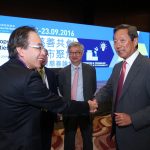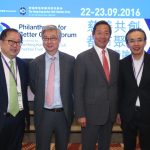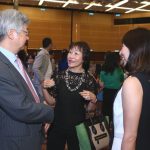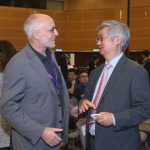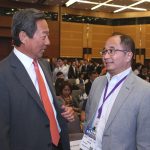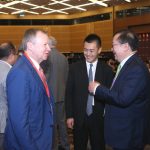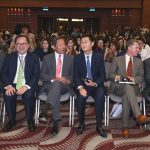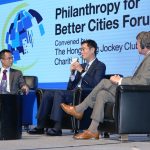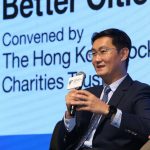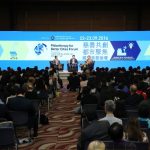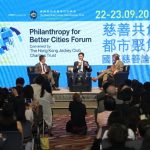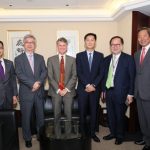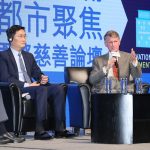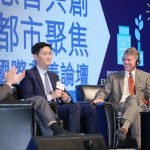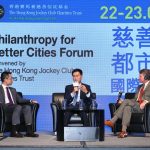Speakers:
- Pony Ma Chairman and CEO, Tencent
- Rip Rapson President and CEO, The Kresge Foundation
Facilitator:
- Leong Cheung Executive Director, Charities and Community, The Hong Kong Jockey Club
Video
Philanthropy has its cultural elements. When placed in the broader context of Eastern or Western cultures, it takes on different forms. While the act of giving has become a long-standing culture in the West, such efforts in the East have only recently become popularly discussed.
At the same time, there are similar trends in both cultures. Globally, there is an emergence of a new generation of social entrepreneurs and a trend towards wider public participation via technology. As a result, philanthropic giving has become easier and more inclusive. These similarities have created opportunities for cross-learning and further collaboration.
Messrs. Rapson and Ma shared their personal journeys towards philanthropy. For Mr. Ma, it started over ten years ago at a convening on how to invest in philanthropy. His involvement evolved over time on children-related NGOs and on environmental protection. He admits that it is so complicated to give away money and he is still learning. For Mr. Rapson, the common thread throughout his life across his various leadership roles was his intention to have an impact on the community to affect daily lives.
In regards to the evolution of the philanthropic landscapes in the East and the West, both panelists expressed confidence in the opportunity for cross-learning from each other. For China, Mr. Ma pointed out the accelerating pace of philanthropy brought about in recent years by technology, especially mobile internet. Combining Tencent’s technology platform with the intentionality of giving back provided significant scale effects to the social benefits of Tencent’s philanthropy. From a United States perspective, Mr. Rapson spoke about his fascination on the “telescoping”, or the condensation of time in which China is trying to create philanthropic structures and charity regulations that the US has evolved over 100-125 years period beginning with Andrew Carnegie’s pioneering work on his Gospel on Wealth in 1889. This work encapsulates the call for the use of private sector gain to improve livelihood of all people, especially the less fortunate. To a large extent that objective hasn’t changed much over the last two decades or so. However, in the last decade or so, American philanthropic development has accelerated in its interest to understand root causes and systemic changes where outcomes could be changed in some significant way. Kresge’s own philanthropy mirrored this development and has only in the last decade transformed its approach to what it is today.
Both panelists agreed on the need for to borrow from best practices across cities and across regions. Mr. Rapson reiterated that having this conversation such as via this forum “opens up the sense of possibility.” In their concluding remarks, Mr. Ma emphasized that the charity space is a very broad challenge, and in fact, a process of social wealth and resources redistribution. The process involves civil society, the government, business and the individual, as well as involves the idea, talent, and policy environment, taking into account all these players and factors to create a better future. In contrast, Mr. Rapson remarked that it is easy for people to say that we can leave it to Pony, to the Kresge Foundation, and other credible players. However there is a wide spectrum of doing good that an individual can choose a very unique issue to get involved in. He encouraged the audience to not be deterred by the big dollar amount, as he believes even small amounts and efforts can make a real difference.
